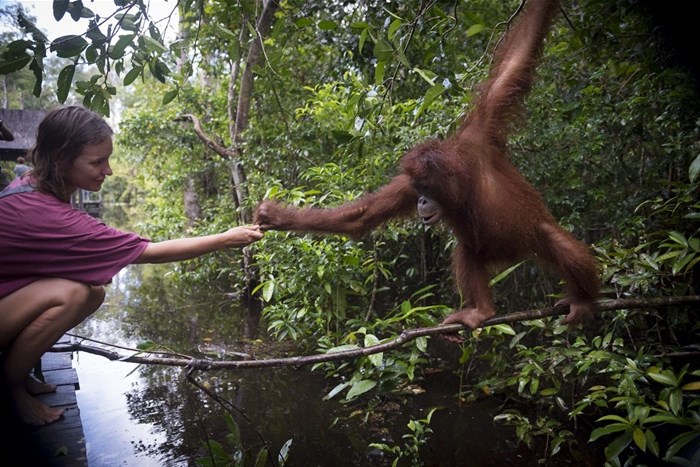
Top stories




Marketing & MediaAds are coming to AI. Does that really have to be such a bad thing?
Ilayaraja Subramanian 21 hours


More news
















"The voice against tourism experiences that include animal interactions has grown louder and louder and this has impacted on how South Africa is being perceived as a tourism destination," says Keira Powers, Chairperson of the Southern African Tourism Services Association (SATSA) Animal Interaction Committee.
"As the leading inbound tourism association, SATSA has been tasked by its members to develop guidelines for animal interactions in tourism. The Animal Interaction research is member mandated, board approved and being run in partnership with South African Tourism," adds Powers
To ensure all stakeholders affected by, or with an interest in, animal interactions within the wider tourism industry are included, and to allow an opportunity for input for those who couldn’t make it to the workshops, SATSA is making the content of the workshop available online.
Satsa’s aim is for a fair and comprehensive process that is cognisant of all the complexities involved in the tourism industry. Although Satsa has taken on this endeavour, it is acting as an impartial arbiter that is seeking an ethics-based solution, by the tourism industry, for the tourism industry.
The information acquired from the workshops, along with further research (including analysis of legislation and regulations, consultation with key organisations, market and trends assessments among others) will be used to develop guidelines for animal interactions in tourism. A draft of this will be shared in the future for public comment.